Ambassadors (capsules)
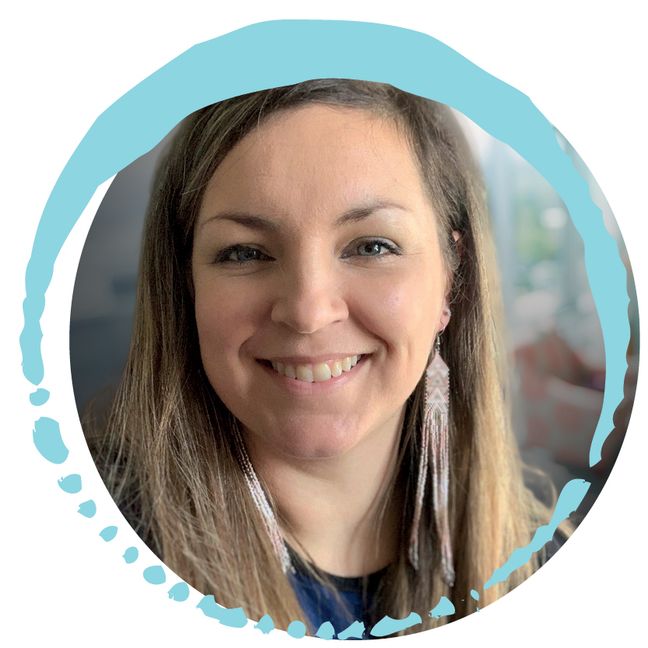
Emmanuelle O'Bomsawin
Nation: Abénakis | Community: Odanak
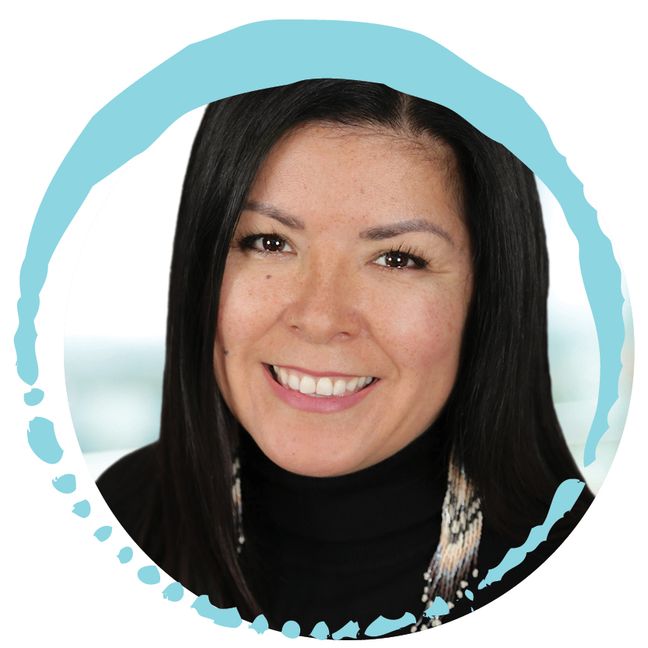
Cyndy Wylde
Nation: Anicinape | Community: Pikogan
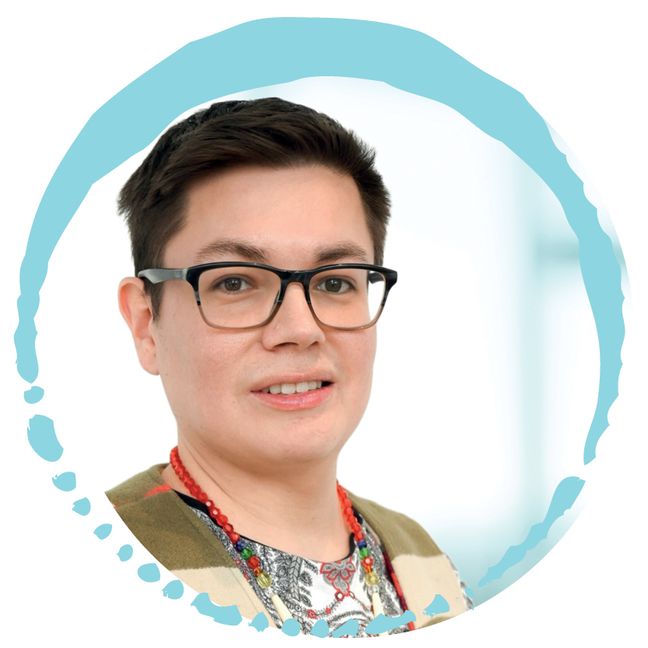
Gilbert Niquay
Nation: Atikamekw | Community: Manawan
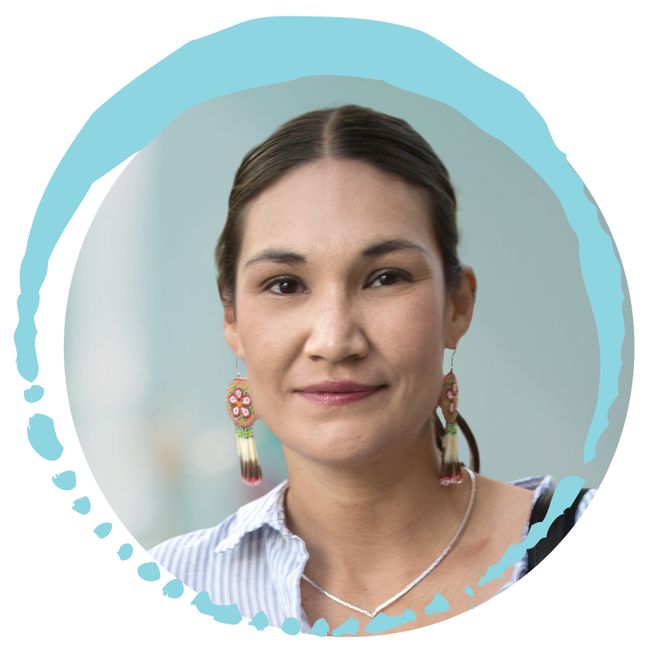
Jedidat Matoush
Nation: Cree | Community: Mistissini
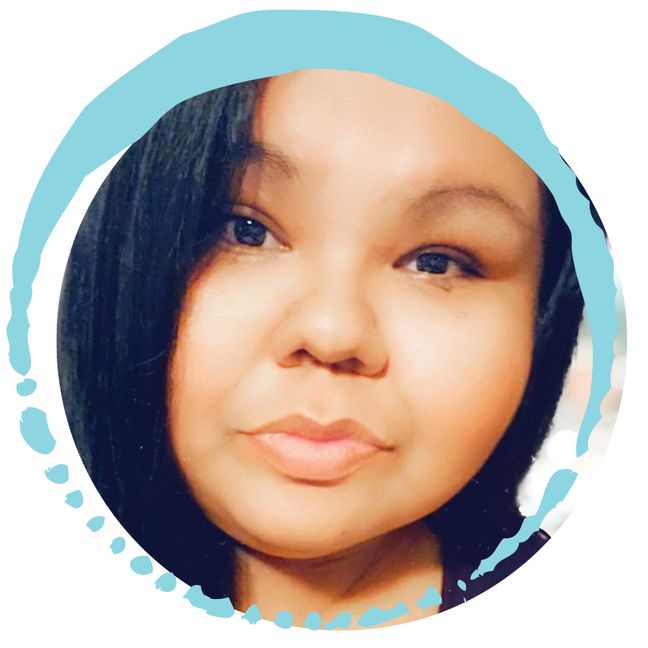
Audrey-Lise Basile
Nation: Innu | Community: Ekuanitshit
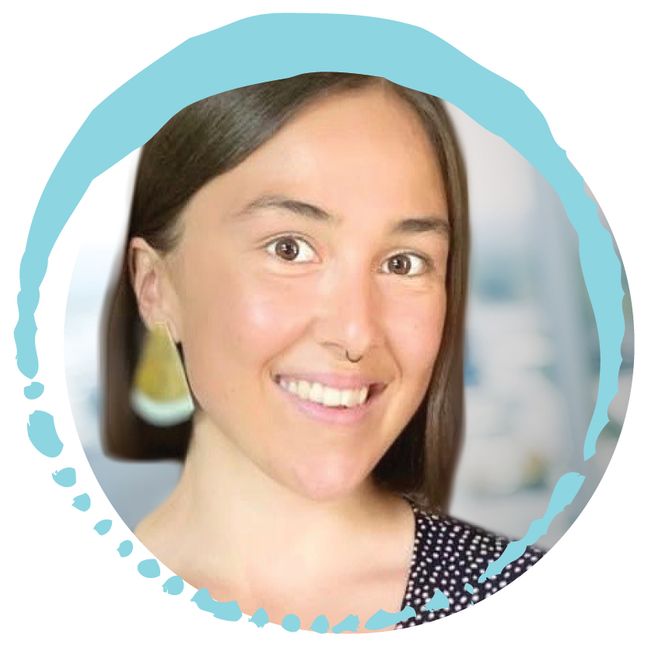
Andrea Brazeau
Nation: Inuit | Community: Kangiqsualujjuaq
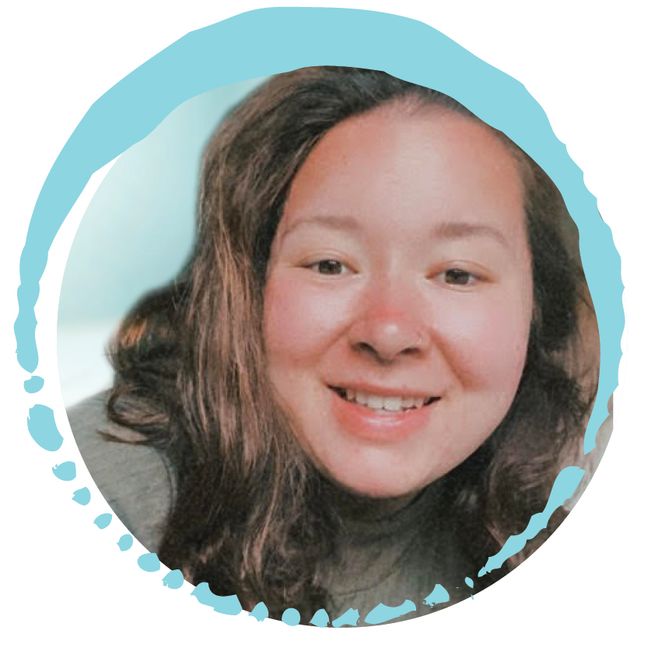
Shaelyn Watsenniiostha Nelson
Nation: Kanien'kéha:ka | Community: Kanehsatà:ke
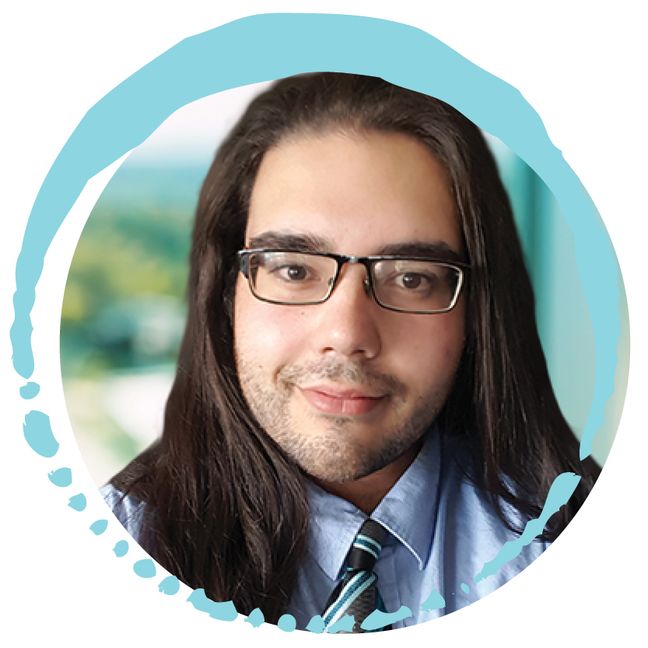
Vincent Jeannotte Medina
Nation: Micmac | Community: Gespeg
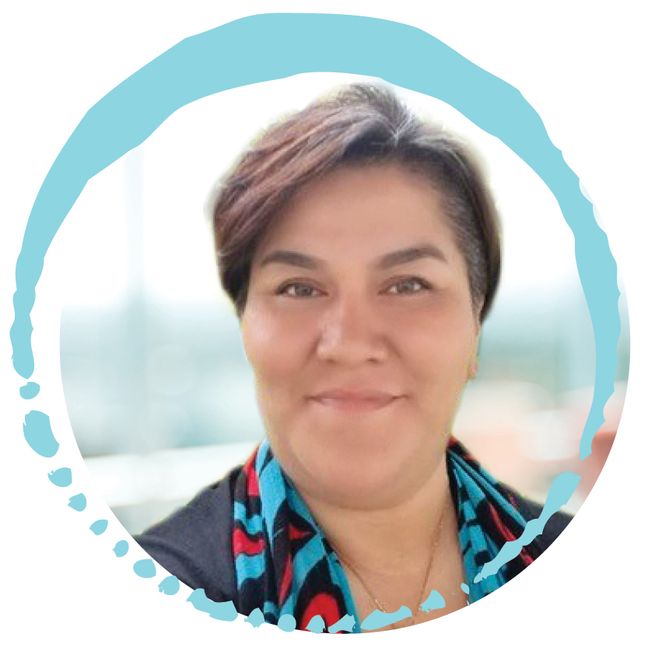
Glenda Sandy
Nation: Naskapi | Community: Naskapi Nation of Kawawachikamach
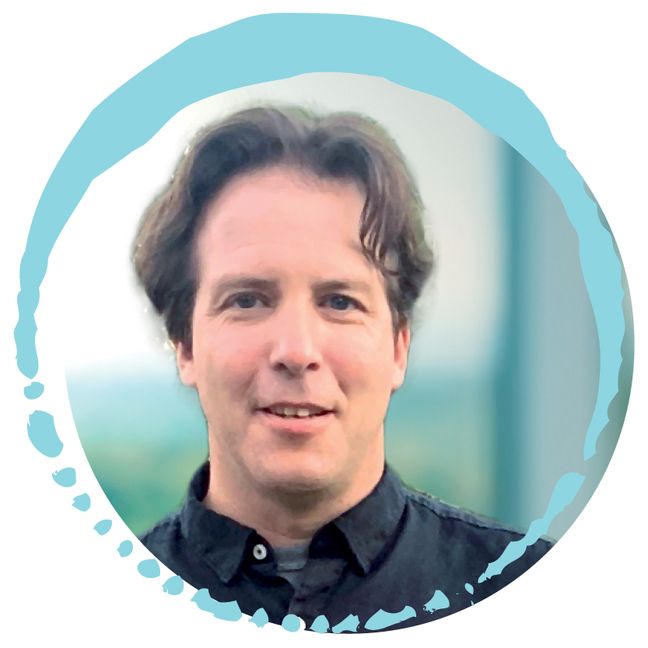
Benoit Gros-Louis
Nation: Wendat | Community: Wendake
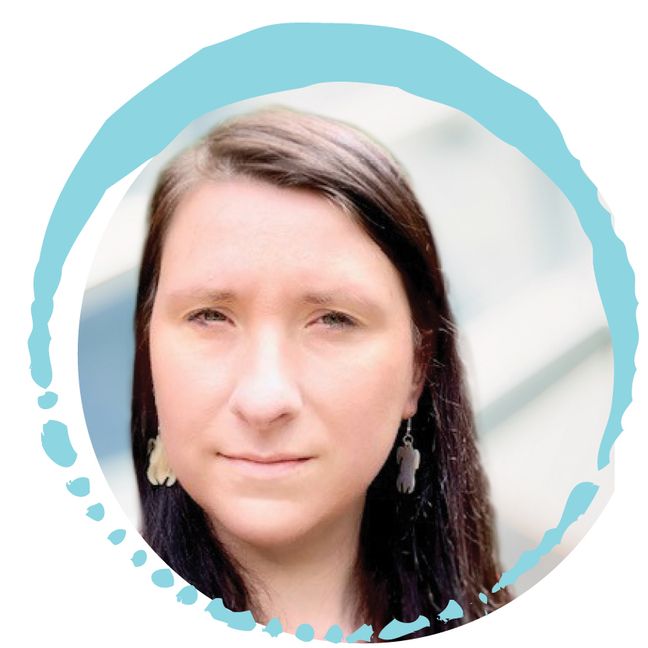
Édith Bélanger
Nation: Wolastoqey | Community: Wahsipekuk